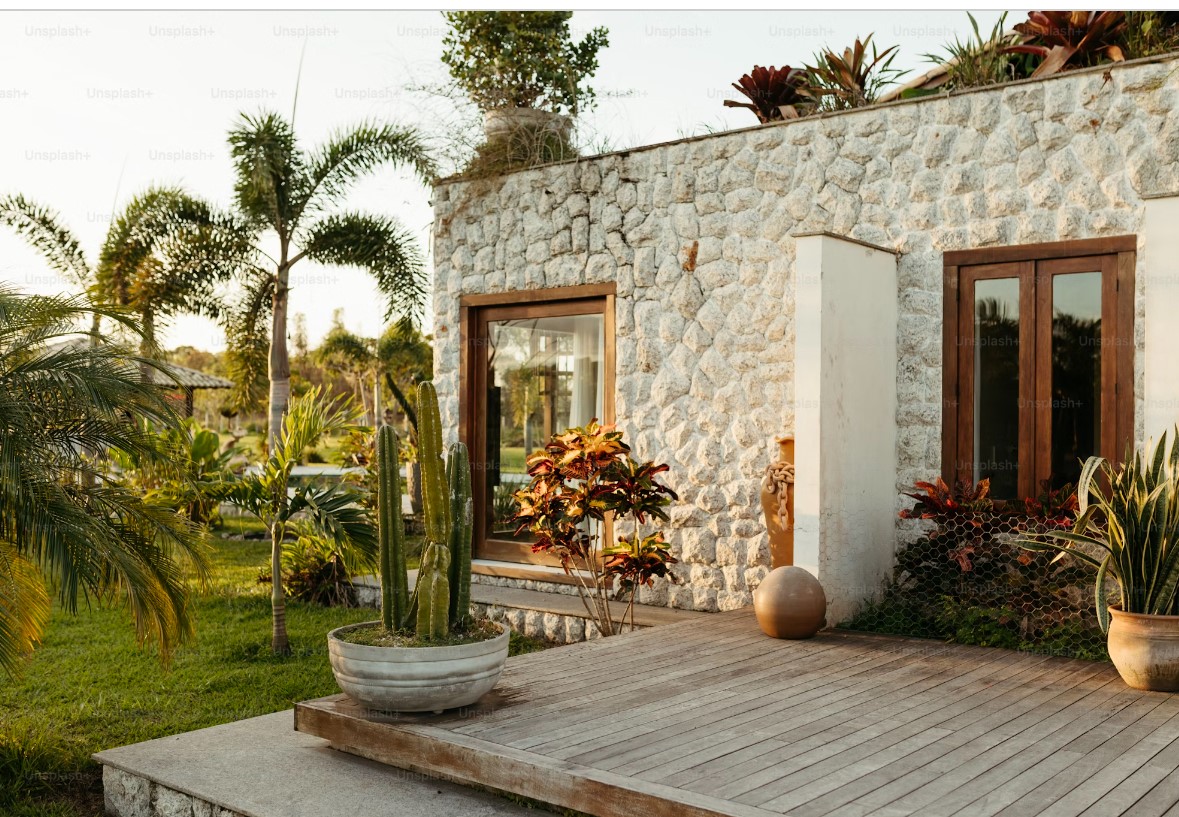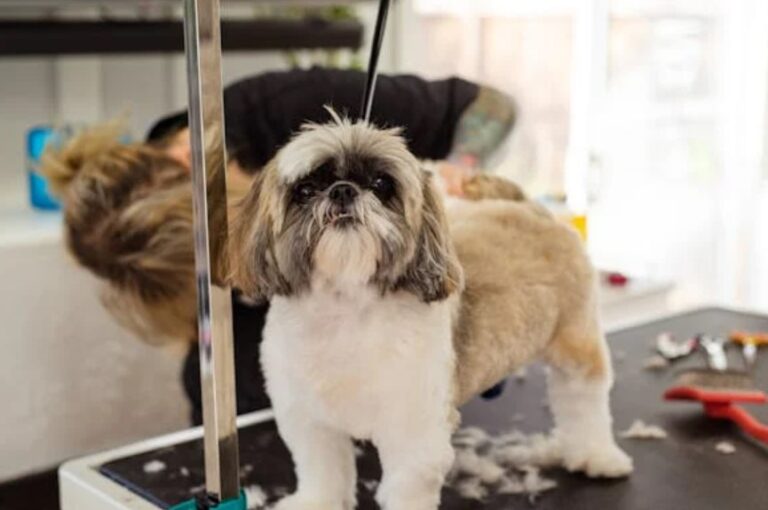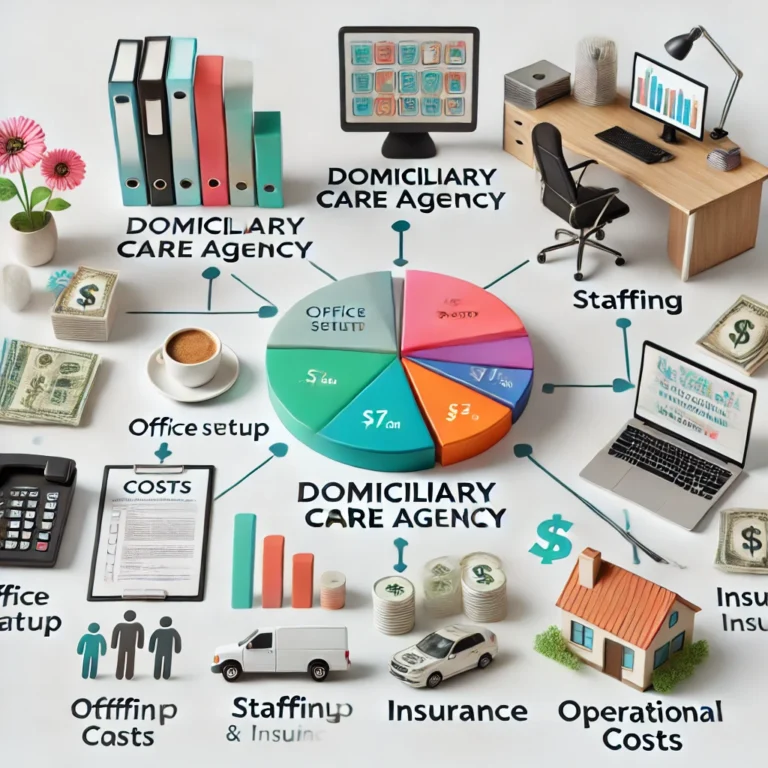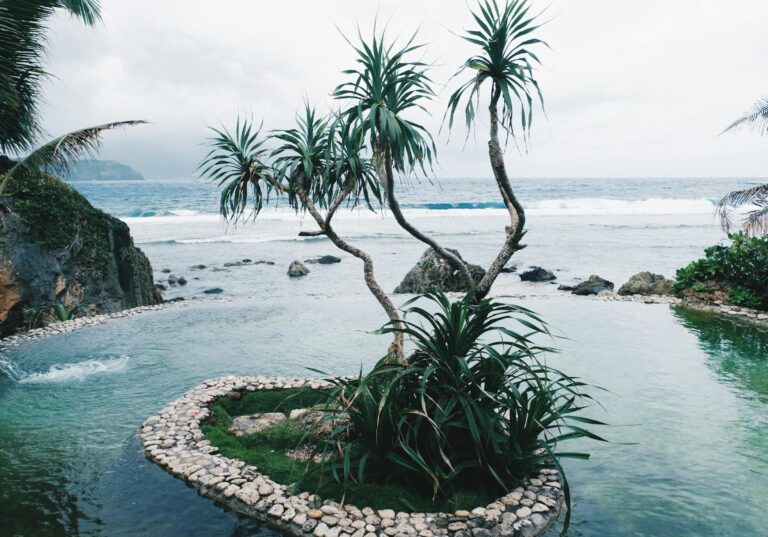Legal Requirements and Licenses Needed for Holiday Home Business
Introduction
Starting a holiday home business in the UK can be a rewarding venture, offering the chance to provide unique accommodations to travelers while generating income. However, it’s essential to navigate the legal landscape carefully to ensure compliance with all relevant regulations and licensing requirements. This guide will detail the necessary legal requirements and licenses needed to start and operate a successful holiday home business in the UK.
Understanding the Holiday Home Business in the UK
The holiday home business involves renting out furnished properties on a short-term basis to tourists and travelers. These properties can range from cottages and apartments to larger homes and estates. Understanding the specific market and regulatory environment is crucial for success.
Legal Requirements for Starting a Holiday Home Business
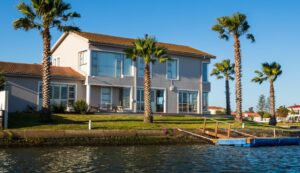
Property Ownership and Zoning Laws
Before starting a holiday home business, ensure you have the legal right to use the property for commercial purposes. Check the local zoning laws to confirm that short-term rentals are permitted in your area. Some regions may have restrictions on the use of residential properties for holiday rentals.
Health and Safety Regulations
Compliance with health and safety regulations is mandatory. This includes ensuring the property is safe and habitable, with appropriate measures in place such as smoke detectors, carbon monoxide alarms, and fire extinguishers. Conduct regular safety inspections and maintain records of these checks.
Accessibility Requirements
The UK has stringent accessibility requirements for businesses, including holiday homes. Ensure your property is accessible to all potential guests, including those with disabilities. This may involve installing ramps, handrails, and ensuring doorways are wide enough to accommodate wheelchairs.
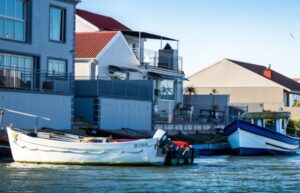
Licenses and Permits Needed for a Holiday Home Business
Planning Permission
In some cases, you may need to obtain planning permission to operate a holiday home, especially if significant alterations to the property are required. Contact your local planning authority to determine if this is necessary for your property.
Building Regulations Approval
If you make any structural changes to the property, you will need building regulations approval to ensure the work complies with safety and construction standards. This includes extensions, conversions, and major renovations.
Fire Safety Certificates
A fire safety certificate is essential for holiday homes. You must conduct a fire risk assessment and implement necessary fire safety measures. This certificate confirms that your property meets all fire safety regulations.
Compliance with Local Council Regulations
Local Council Registration
Some local councils require holiday homes to be registered. This helps ensure compliance with local regulations and standards. Check with your local council for specific registration requirements.
Waste Management Compliance
Proper waste management is essential for holiday homes. Ensure you have adequate waste disposal arrangements in place and comply with local council guidelines on waste segregation and collection.
Noise Control Regulations
Holiday homes must comply with noise control regulations to prevent disturbances to neighboring properties. Implement measures to manage noise levels, particularly during late hours, and inform guests of noise policies.
Tax Obligations for Holiday Home Businesses
Business Rates
Holiday homes may be subject to business rates instead of council tax. The amount payable depends on the property’s rateable value. Contact the Valuation Office Agency to determine the applicable rates for your property.
VAT Registration
If your holiday home business exceeds the VAT threshold, you must register for VAT and charge it on your rental income. Keep detailed records of all transactions and submit regular VAT returns.
Income Tax Considerations
Income from your holiday home business is subject to income tax. Maintain accurate financial records and report your earnings on your self-assessment tax return. You may be able to deduct certain expenses related to the business.
Related Article: How to Start a Holiday Home Business in the UK?
FAQs
What are the essential legal documents required for a holiday home business?
You will need property ownership documents, planning permission (if applicable), building regulations approval, fire safety certificates, and relevant insurance policies.
How often should fire safety inspections be conducted in a holiday home?
Fire safety inspections should be conducted at least annually, with regular checks on smoke alarms and fire extinguishers to ensure they are in working order.
Are there any specific accessibility standards for holiday homes in the UK?
Yes, holiday homes must comply with the Equality Act 2010, which requires reasonable adjustments to be made to accommodate guests with disabilities.
Do I need a special license to serve breakfast to guests in my holiday home?
If you provide food to guests, you may need to register as a food business with your local council and comply with food safety regulations.
What are the penalties for non-compliance with local council regulations?
Penalties for non-compliance can include fines, enforcement notices, and in severe cases, closure of the holiday home business.
By following these guidelines and ensuring compliance with all legal requirements and licensing obligations, you can successfully operate a holiday home business in the UK, providing a safe and enjoyable experience for your guests.

